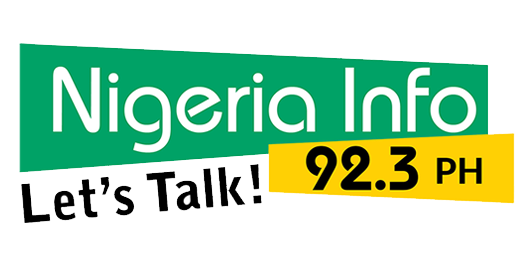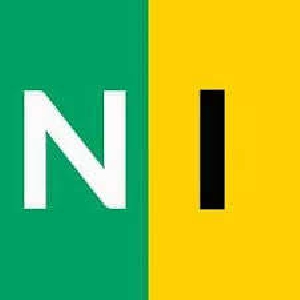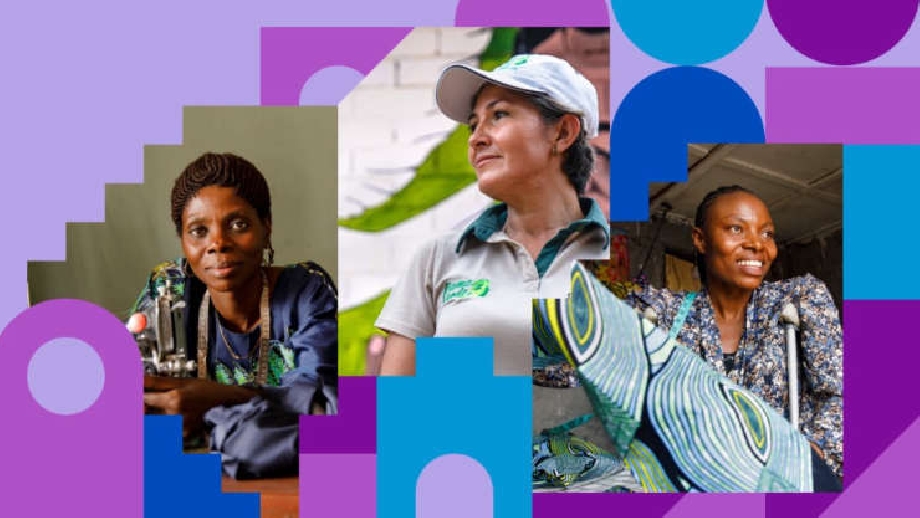
As March, Women’s Month officially comes to an end, a record number of conversations concerning the 2024 International Women’s Day theme, “Count Her In: Invest in Women. Accelerate Progress,” have been had.
The intent of these conversations occurring since 1975 is not just to whip up global support and sentiments for gender equality but to make concerted efforts to change the status quo. It then begs the question, Has the approach been successful? Have these conversations brought any progress? Or is there a tendency to abandon the pressing issues that affect women as soon as the month comes to an end? What are women still saying about these issues?
Multiple women in business commenting on the IWD theme for the year have berated the government for its lackadaisical approach towards economic inclusivity and investment in women while also blaming the government for the financial challenges women still face in modern times.
Dr. Ella Chioma Ezeadilieje, business analyst and ‘finfluencer’, speaking with Nigeria Info FM highlighted the significant increase in the economic capacity of women and applauded young women for embracing entrepreneurship despite prevailing socio-cultural restrictions.
‘Our times differ greatly from our mothers so it's a step in the right direction. More women are embracing entrepreneurship and at younger ages than ever. The economic capacity of women is increasing every single day, showing that women are creating more wealth and employment opportunities for other women. So, why is the government or banks not providing more women with more access to funding or single-interest loans?’
She went on to task the government and financial institutions with initiating financial literacy programs for women including basic bookkeeping learning initiatives and creating products that build women’s business acumen.
While expressing satisfaction about the recent surge of women-led banks and financial institutions in Nigeria, she noted her desire for more women to lead in the areas of Tech and Innovation. She called on women to deliver their quota by taking advantage of already existing facilities and opportunities.
‘Two issues here. The Nigerian government and financial institutions may not have done as much as they should in providing financial help to push women-owned businesses, but the ones available, women are the ones excluding ourselves from it by not taking advantage of them. So, it goes both ways.’
Mrs. Gift Ndu-Ajikeru, the founder of ‘Women in Port Harcourt’ argued that poor dissemination of information regarding investment and loan opportunities for women and sexual harassment are major financial inclusivity hindrances.
‘To a very good extent, we are financially inclusive when it comes to women but the main challenge is poor dissemination of this information. Most people don’t even know how or where to access these grants and most times, you need some sort of connection to access some of these available grants. Many times I have also faced sexual harassment where I have to do this or that before I can get what I qualify for. It can be really discouraging. Most women just relax about them and do not get these resources due to corruption that has eaten deep into most systems.’
She urged the government to make funding easily accessible for women, spread information about it to the grassroots level, and put a check on the agencies involved in the disbursement of these funds.
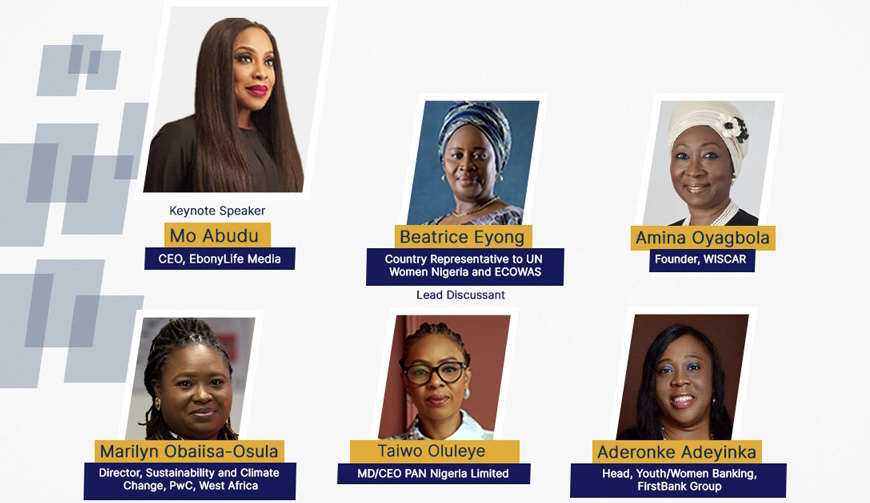
Source: First Bank Nigeria
Speaking at the just concluded women’s empowerment webinar organized by First Bank Nigeria and UN Women, the Country Representative to UN Women Nigeria and ECOWAS, Beatrice Eyong, critiqued the current financial structure in Nigeria. She noted that little or no women have access to loan schemes and stressed the need for substantial economic investment in women and the importance of policies to improve women's access to financial services.
‘Nigeria and the entire African continent must invest $40 billion yearly to bridge the gender equality gap and ensure women's empowerment and development to prevent 340 million people from falling into extreme poverty by 2030 and to prevent the feminization of poverty.’
The Head of Youth/Women Banking at the FirstBank Group, Aderonke Adeyinka highlighted the low participation of women in financial inclusion, with women owning only 38 percent of bank accounts. She spoke about the bank’s effort to combat the lack of funding for women, noting that women in female-dominated industries as well as those with fewer women were being offered nine percent interest loans without collateral to enhance their businesses.
Meanwhile, Amina Oyagbola, Founder of Women in Successful Careers (WISCAR) called on President Bola Ahmed Tinubu to issue an Executive Order on female inclusion and diversity in both government and private sector and to establish a gender-based national fund for women while spotlighting the absence of enabling legislation for women's empowerment in Nigeria. She stressed that the passage of the neglected gender bill would significantly advance women's economic development.
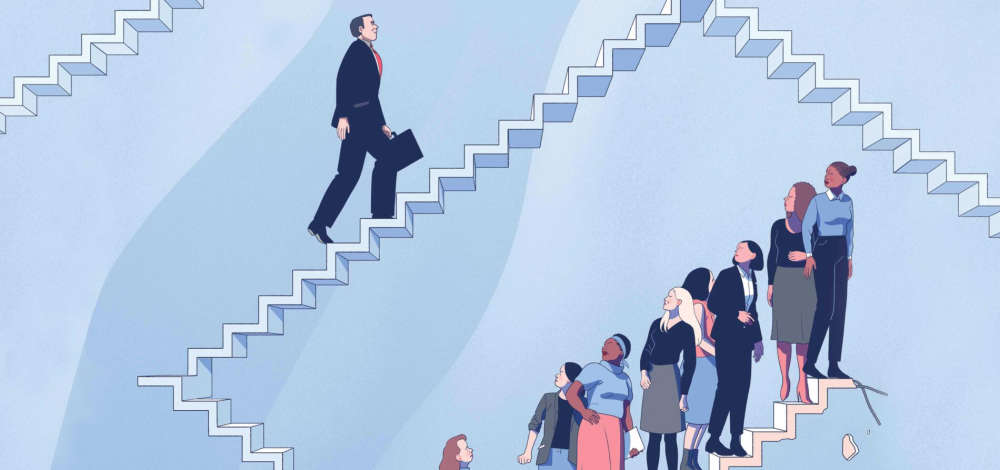
Source: Bianca Bagnarelli
All these comments point to the fact that financial inclusion for women is still a bane in society. A 2023 survey done by UN Women and UNDP shows that no country has achieved full gender parity. The report also noted that less than 1.0 percent of women and girls live in a country with high women’s empowerment and a small gender gap.
Also, recent data from the World Economic Forum show that women remain challenged in different aspects of their lives. From their earnings, to access to quality education and leadership positions. For instance, the global gender pay gap is 16 percent, and only 26 percent of managerial positions are filled by women, a slow rise from 11.3 percent in 1995. 130 million girls are out of school, and globally, women hold only 25 percent of parliamentary seats.
All these are alarming statistics! What then is the progress that has been made if women are still this disadvantaged when it comes to leadership, education, salary, access to funding, and many more? It is obvious that a lot of work still needs to be done.
It is on the back of these that Hollywood actor and UN Goodwill Ambassador, Anne Hathaway questions why women are not valued equally around the globe.
“Today, more than ever, we see women holding positions of power in all aspects of society. Thank Goodness. After all, we are still as we always have been half the world. Which begs the question: If we share this world in equal numbers, why aren’t we valued equally? Because the ongoing disgraceful reality is that women are not valued equally. Our current global economic system is failing women”, she said.
This article in no way intends to discredit the work that has been done and that is ongoing. Initiatives like the UN-EU 2017 Spotlight Initiative focused on eliminating all forms of violence against women and girls, the 2017 “HeForShe” campaign launched in Nigeria, the 2023 National Policy on Women’s Economic Empowerment, and the Quarterly Zonal Coordination Mechanism Meeting for Gender Equality and the Empowerment of Women for states in Nigeria launched in 2024 show the number of efforts put in by different stakeholders in society. Countries like the United Kingdom, Bangladesh, Iceland, Italy, France, Denmark, and New Zealand that have had female prime ministers also go further to prove that concerted efforts are being made globally.
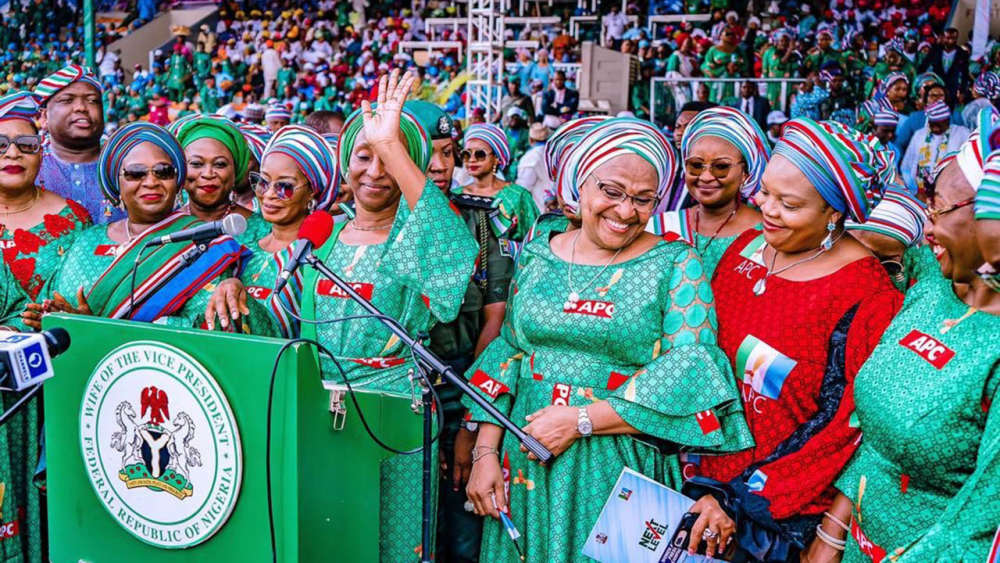
Source: Guardian Newspaper
Nonetheless, in Nigeria, women still hold the short end of the stick politically. According to the Independent National Electoral Commission (INEC), women’s representation in the country has been declining from 2011 to 2024. The number of women in the 10th National Assembly has fallen by 19 percent, compared to the last NASS with women now occupying 3.0 percent of seats in the Senate and 4.7 percent in the House of Representatives.
A vivid indication that previous questions remain unanswered. Will we get a step closer to achieving gender equality and closing the gap? Is it possible to make sure that women are financially included? Can we ensure that the global gender pay gap of 16 percent drops even further and that the 26 percent of women in managerial positions witness a rise in statistics? Or that the percentage of women actively involved in politics in Nigeria would increase?
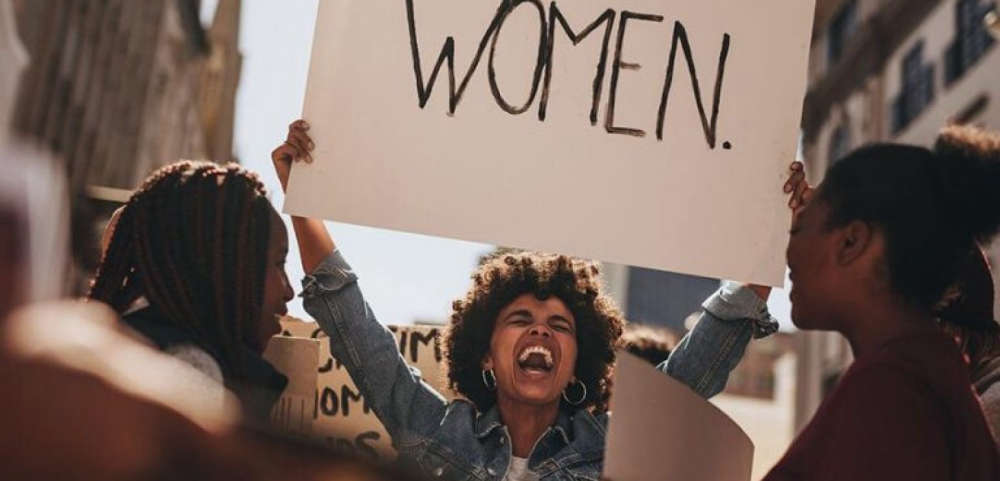
Source: #MeToo Movement (fashinnovation.nyc)
Bear in mind that all these are still major issues and the actual work begins as Women’s Month officially comes to an end. These conversations about inclusion should be had all year round as there is an urgent need to push for reforms that invest in the cultural, social, economic, and political potential of women and to remove barriers that hinder their full participation in all facets of society.
In truth, the end of March should herald the start of an era of conscious concerted efforts by multiple stakeholders in society to bridge the gap that exists in the areas of education, politics, economic empowerment, social welfare, and healthcare.
This is therefore a pertinent call for stakeholders in the country and abroad to work collectively to actualize this dream as no government, institution, or private organization can do the work alone.
